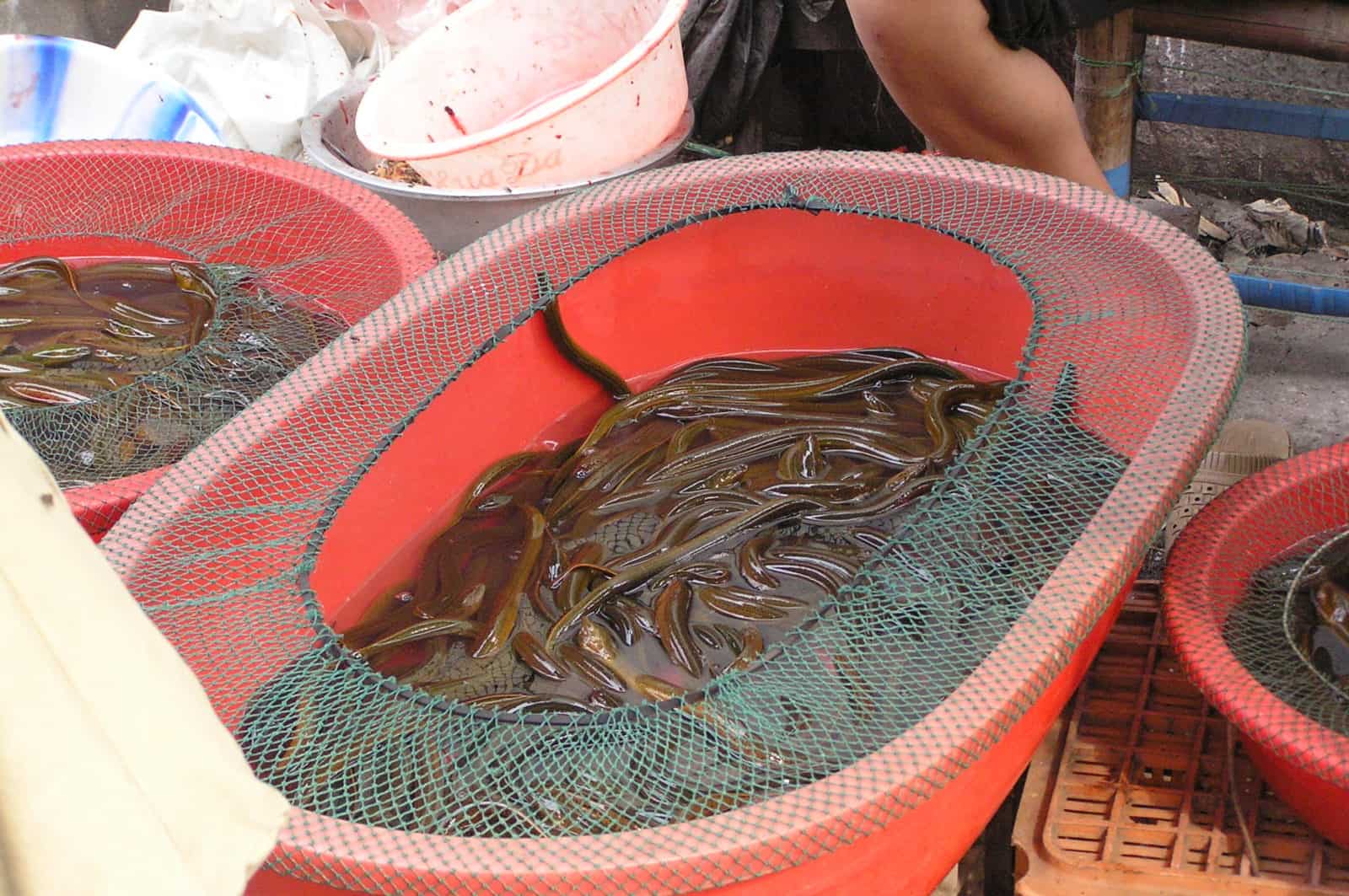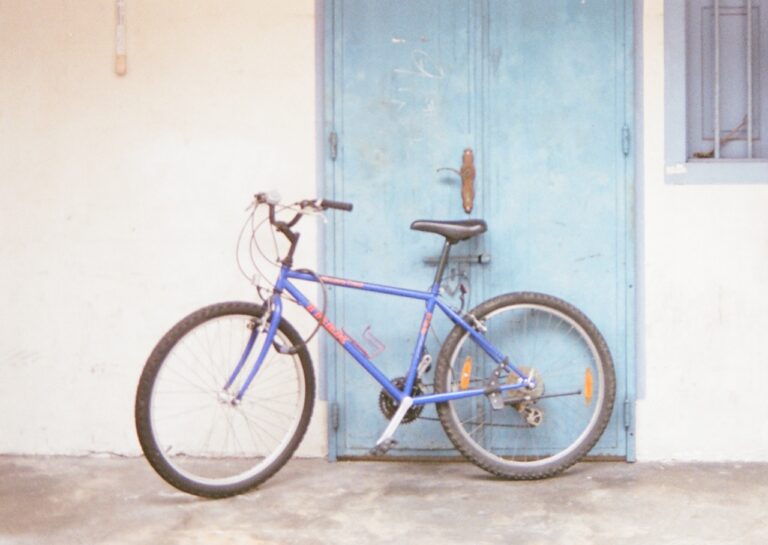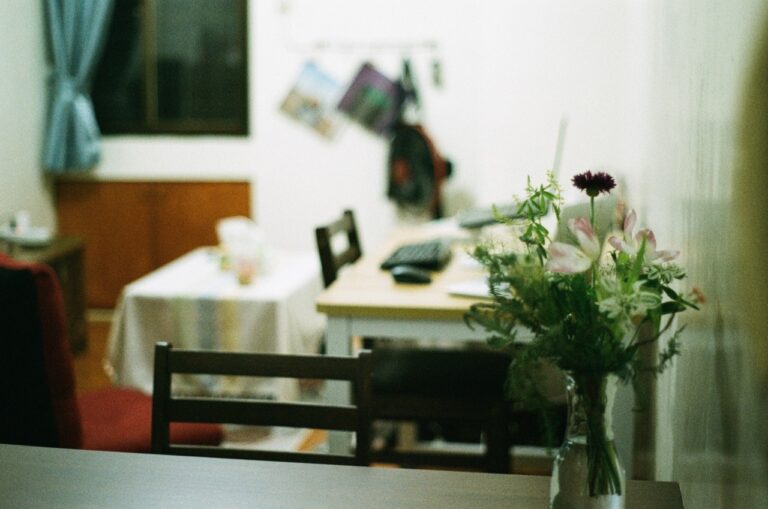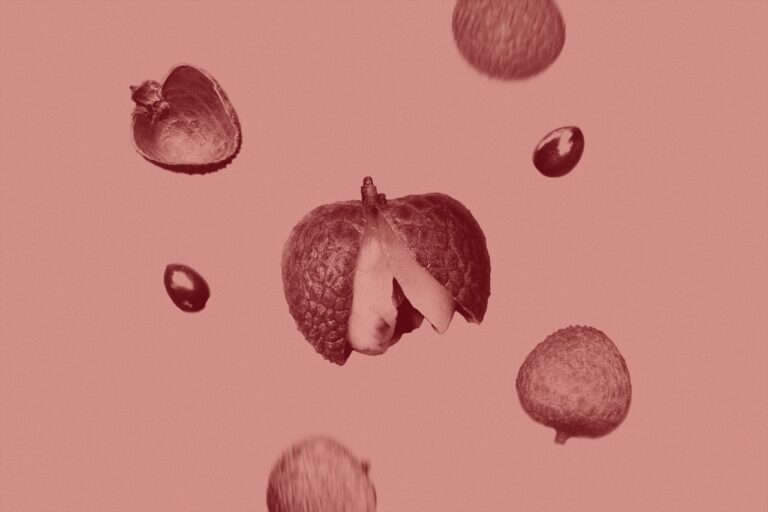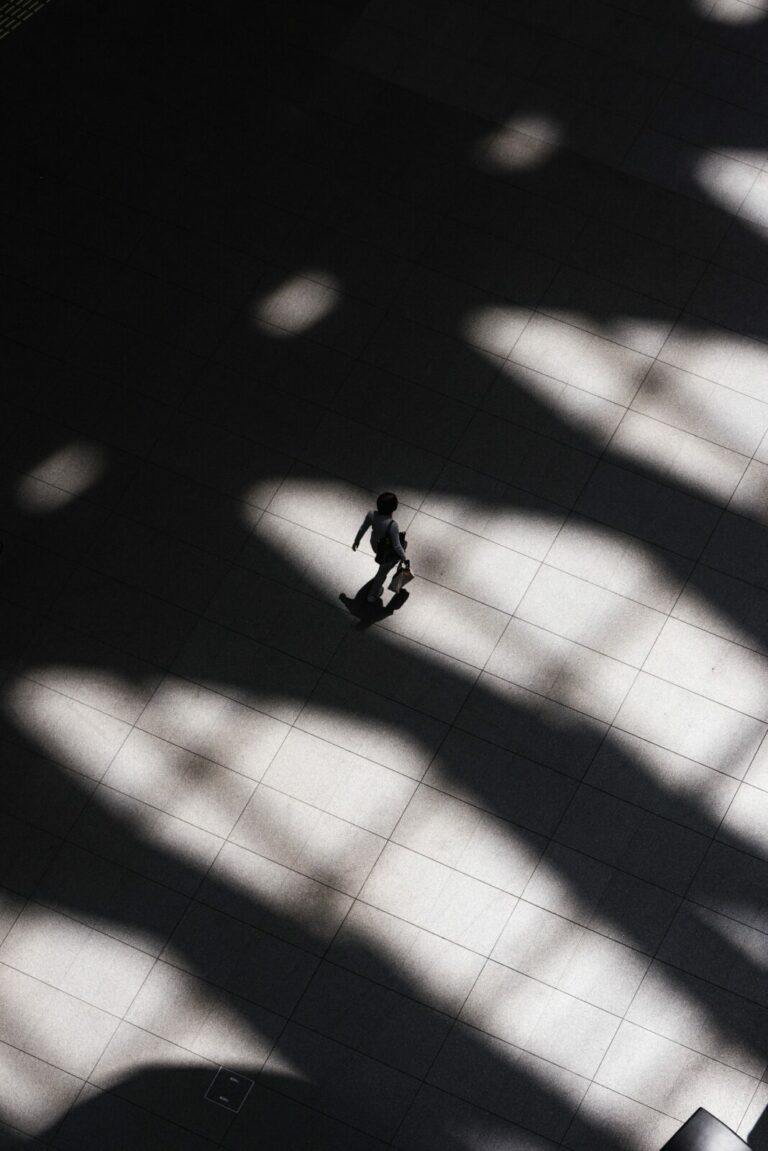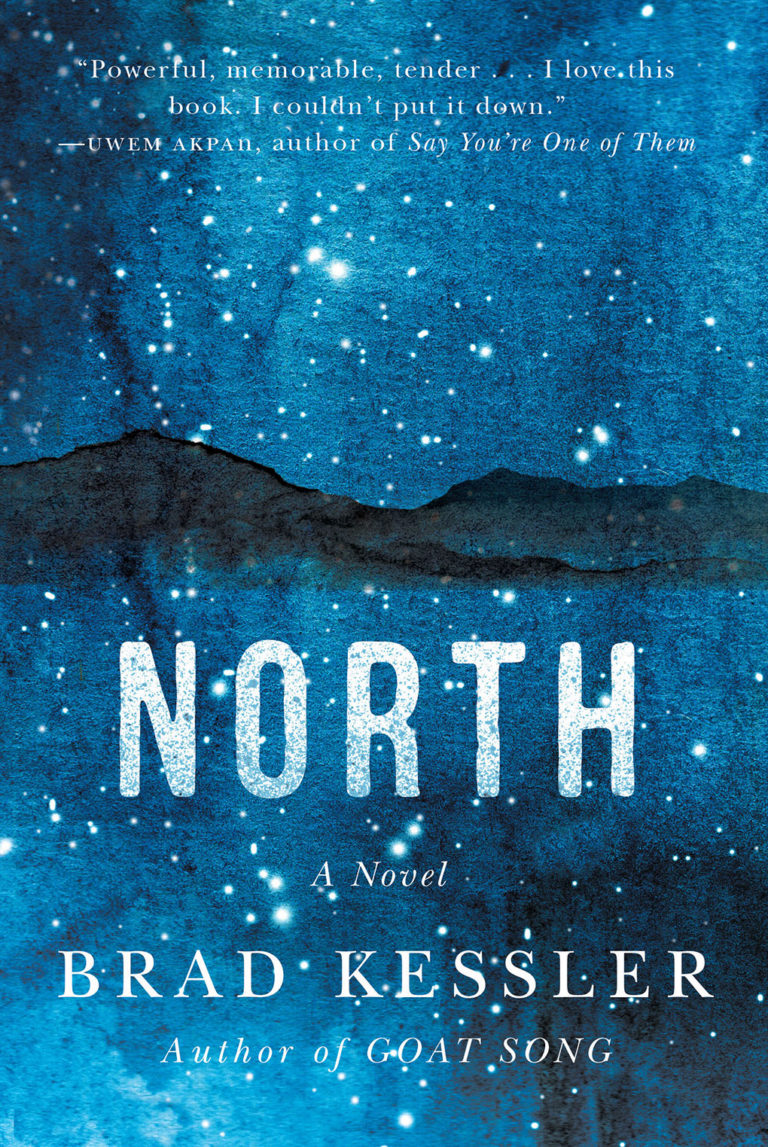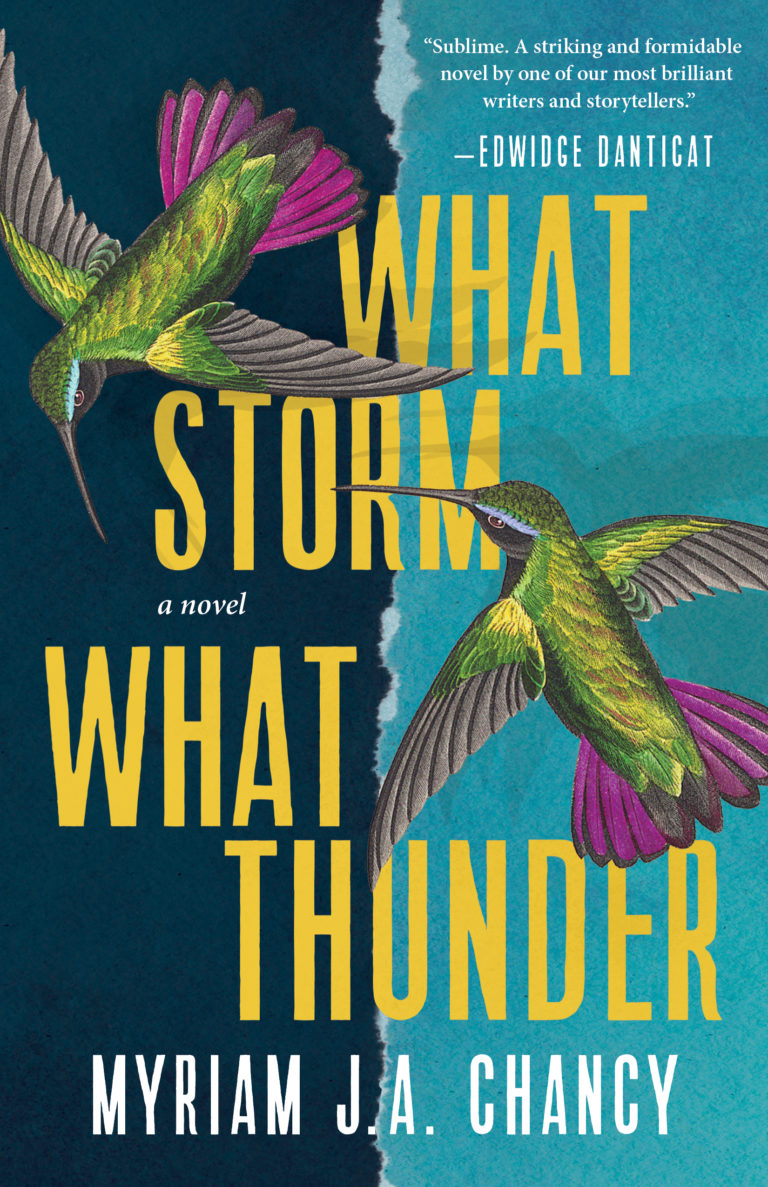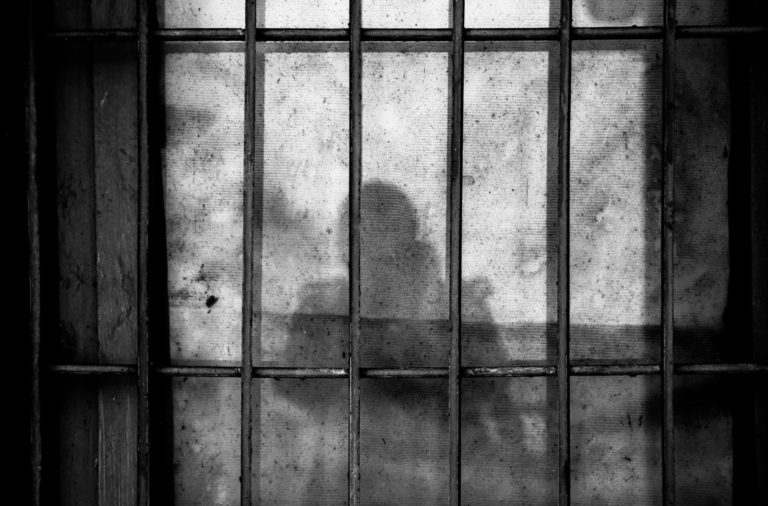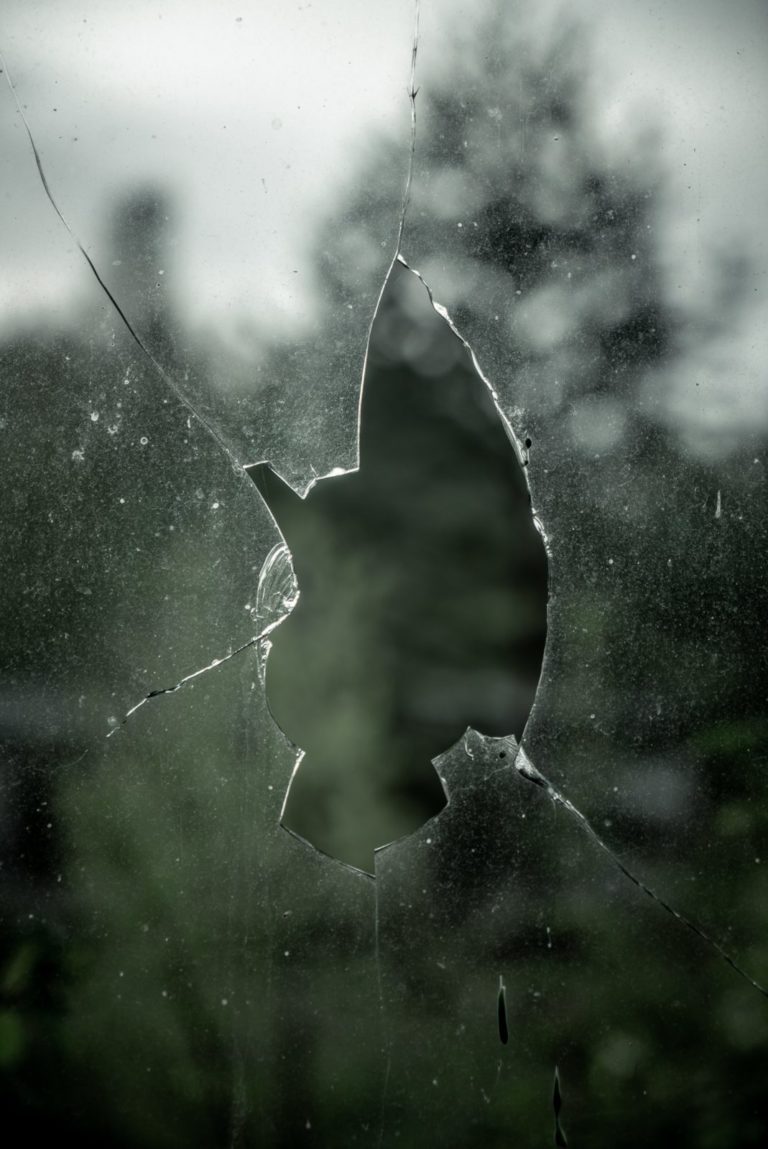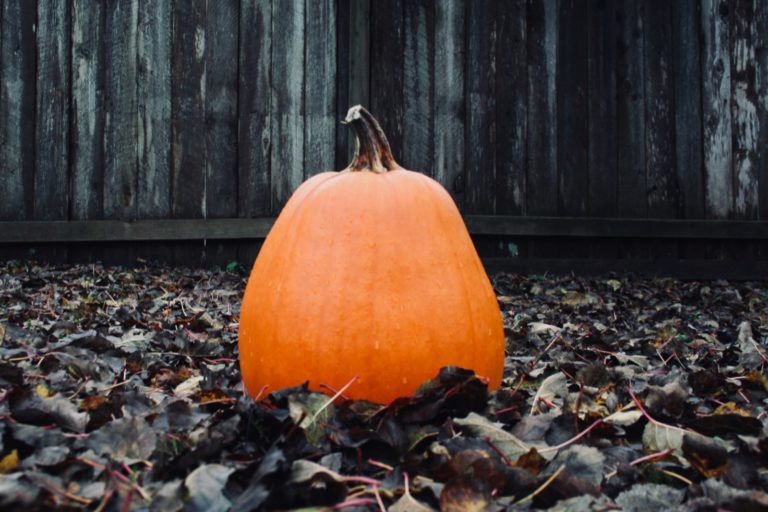Dr. Yu’s office was festooned with dangling models of vertebrae in various sizes, mostly human in scale, some incredibly tiny. On his first visit, Angleton thought of the tangles of serpents in the snake stall at the night market in Guangzhou. He’d point to a likely specimen; the attendant would rap it sharply on the head with a hammer. Then he would make an incision with a tiny knife and unzip the skin in a swift move that made a mockery of the slow shedding that comes to creatures naturally, in cycles. Angleton’s housekeeper used the naked bony creature in soup. Food for his ailing back.
Angleton identified with those doomed snakes as he lay face down on a leather table in Dr. Yu’s herb-scented office and waited for the torture to be over.
His right leg had been lame since childhood. Polio. One of the last cases in the civilized world, thanks to a visit his family had made to India. The humidity in Shanghai and his growing age (just past forty) had hobbled him to the point he needed serious treatment. He didn’t trust the hospitals in China, but the pain was cutting into his joie de vivre, so at last he had taken the advice of his Shanghainese girlfriend Lily and visited Dr. Yu.
Dr. Yu seemed normal, on first meeting. He was tall and well built, with a pleasant face and neatly trimmed hair. But in truth he was all thumbs, monstrous digits several inches long, relentlessly pressing and poking. He treated men like Angleton, with chronic conditions, and men from the new Shanghai Stock Exchange suffering from maladies of the computer age.
Angleton distracted himself from Dr. Yu’s painful ministrations by remembering Lily, with her coltish moves and shining dark eyes, her delicious mixture of shyness and abandon. He thought of that morning, the curve of her hipbone greeting him when he woke, his hand reaching for that silky place just over the curve, her instant welcome.
Lily. His first groupie.
Shortly after being posted to Shanghai in early 1996 as the Bulletin’s first bureau chief and only employee, Angleton had taken his guitar along to one of the city’s hip new clubs and played a few folk ditties for the bar crowd. Within weeks he had shifted to rock and roll and become a postcolonial pied piper, introducing Shanghai to his boyhood idols: the Stones, the Police, Cream, the Who. He knew by heart all the oldies the Chinese hadn’t yet heard. He got top billing at the discos, which were run by a branch of the People’s Liberation Army. He was a magnet for girls like Lily.
Lily’s parents had been in thrall to the Red Guard. She was of a new guard, born long after the Cultural Revolution, too young to be scarred by Tiananmen. Her hopes were shaped by the fresh abundance and open doors of economic reform. She wanted to be a film star like Gong Lee.
Angleton grew up with rock star dreams. He saw himself heading to London, or New York, Los Angeles, even Memphis. Instead he got polio. Now, on the cusp of too late, in what he liked to think of as a sort of cultural arbitrage, he was bringing the music of another time to a place where it was new again, parlaying a minor talent into local legend status. He found the experience impossibly thrilling.
He had put together a group of back-up singers, all lovelies like Lily with her long long legs and wispy voice. Lily introduced him to Wu, who wore sultry eye makeup and played pi-pa. If she developed a little more swagger, he could see Wu as the first Chinese girl guitar player. They brought on Jian on sax and guitar. Jian was six-one, lean and sexy. He idealized the American jazz players, but Angleton had convinced him that was passé and made him protégé number one. Angleton let him sing along on “I’m a Man.” “All the pretty women stand in line, I make love to you baby in an hour time…” Angleton was teaching his repertoire to Jian, even obscure songs like Clarence Carter’s “Slip Away.” Jian was a sponge.
“Ouch!” Dr. Yu’s thumbs dug into the soft tissue, excavating bundles of pain beneath the skin, then pressed along each side of Angleton’s spine, rocking him slightly as he went.
Angleton thought again of Lily’s perfect triangular upper and lower lips, imagining her lips on his, her lips on him, visualizing the impossibly precise upper curve, the sweet full soft lower, locked upon him as his hand brushed that soft area of her inner thighs headed toward her perfect V.
Lily wore clothes he didn’t understand. Embroidered nubs and silky ties instead of buttons and zippers. Everything fastened at an angle, off center. She seemed immune to the idea of underwear. He smiled against the paper sheet beneath him. She had a t-shirty thing she wore that always fell off one shoulder. She would stand in the kitchen brewing tea or cooking something and then there would be that naked shoulder.
Lily had brought so many surprises with her. Within days of moving in with him she had dumped the muslin teabags from home that made his usual dark brew and converted him to green tea, steeped in a pot. The grounds resembled the vibrant sensimilla buds he’d encountered in his youth. The aroma was part peony, part lemongrass. The buzz was crystalline, focused, not the jangly ride he was used to. She served it in a cup with a lid.
“Stay hot, Angle,” she explained. So hot he burned his mouth the first morning.
A tune popped into his awareness. “Every breath you take,” he sang softly. Dr. Yu ignored him. Angleton kept going to the end of the song. Rehearsing took his mind off what Dr. Yu was doing.
“Ah…” Another unexpected knot of sharper pain.
“That hurt,” Dr. Yu. said.
“I try to ignore the pain,” Angleton said.
“Don’t ignore pain. You have to solve problem,” Dr Yu said.
Right. He wished he could erase the years, go back in time like some comic-book character and zap the polio virus before it was embedded in his body. Who knows how that would have changed his life. Dr. Yu meant he should address the problem logically. Do each exercise ten times twice a day, forever. Stop every half hour while working at the computer and stretch in the prescribed manner. Solving the problem, preventing pain, required torture of another variety.
Before visiting Dr. Yu, Angleton had tried the herbalist who had treated Lily’s father. The herbalist brushed away Angleton’s description of the pain in his back, examined his tongue, held his wrist for awhile and measured out a series of powders from a top shelf in his office. Angleton was to combine the mixture of herbs with warm water and drink. Three spoons, three times a day, thirty minutes before meals.
“Three three three,” the herbalist had repeated, as if Angleton were a dunce. “Warm water.”
The concoction was the color of curry powder, pungent and foul-tasting. Lily brewed it up each time, and feed three spoonfuls to Angleton. He gasped it down, trying not to breathe.
The pain went away. Angleton felt great. He realized how awful the pain had been, now that it was gone.
A couple of nights later he drank a couple of beers and ended up in the corner of the bar at Shanghai Sally’s, retching like a schoolboy. Lily and Jian helped him home. He came to in his bed, hardly able to lift his head. When he checked back with the herbalist he discovered that the miraculous smelly elixir included a hefty dose of opium. He swore off herbs and started in with Dr. Yu.
Another tune came to mind. “I’m an alien, an illegal alien…”
Dr. Yu gave him a squeeze on the neck. He was finished.
“Xi xie,” Angleton said. He rolled over and slid off the table, easing his bad leg down last. He slipped on his shoes, and paid Dr. Yu’s cheerful wife in the waiting room.
* * *
Outside, Angleton was adrift in a sea of bicycles. It was lunch hour in Shanghai. He walked sideways through the crowd, guarding the leg. Because of the polio he had never mastered the two-wheeled beast, and as a walker he was slow enough to imagine an ignoble end, tangled among legs and wheels, hands crushed under wheels.
Raucous steamy Shanghai was the opposite of Angleton’s hometown of Bath, with its golden-hued crescent of Georgian townhouses, its long summer evenings when the sun set close to midnight, casting cool shadows over the fragrant gardens.
These days the city bristled with cranes and bulldozers. The scale of the place had gone haywire since the early 1990s, when Deng had dubbed Shanghai and adjacent Pudong the “dragon head” leading China into the twenty-first century. Glistening skyscrapers dwarfed four-story buildings that could have been transplanted from Paris or London. The once-pastoral skyline across from the old Peace Hotel had been transformed by the futuristic swirl of the Nanpu Bridge and the garish Pearl Oriental Tower, topped by two pink balls that looked like giant Pop-it beads. Who knew what would happen when Hong Kong was returned to the mainland next summer after 156 years of British rule.
To his left, not far away, Angleton noticed his government minder, a round-faced man in his thirties with rimless glasses who wore brown leather shoes that seemed to hurt his feet whenever Angleton walked too far. Angleton saluted him subtly, using two fingers as if tipping his hat. The minder ignored him, as usual.
Angleton had given up trying to explain to his readers back home the subtext of that strange surveillance he took for granted, and the ebb and flow of China’s opening up and cracking down that shifted from subtle courting of business ties with the West to outright massacre. It could change again overnight, on a party boss’s whim. He knew enough to be on the alert.
Angleton stopped in at the Stock Exchange, housed in the once-elegant ballroom of the Astor Place Hotel in the old French Concession. Dozens of men in short-sleeved white shirts stared mesmerized at a giant screen giving the ticker changes of the day.
He started a new story:
“Dateline Shanghai. September 1996. The rise and fall of billions of yuan is a novelty to the Chinese,” he jotted in his notepad. “They treat the trading of stocks like horse racing, a wagering sport that required courage, finesse, and an infinite supply of cash. Even with only 250 companies being traded, they are addicted.”
When Angleton finished up his notes it was time to wind down the day and segue into his Friday night gig on Sinan Lu.
* * *
It was nine o’clock before Angleton joined his back-up band that evening in their improvised dressing room. Lily and Wu were huddled together trying on miniskirts, sunglasses, jackets, boots, spike heels, trying to come up with the right look. Their bible was American TV beamed over from Hong Kong. Jian was moussing his hair, which was spiky tonight, with indigo streaks. His black jeans and mandarin-collared white shirt had a studied flair. Angleton wore jeans and a white cotton shirt and left his hair however it was when he got there. Costuming wasn’t his thing.
The music got going around ten-thirty. Angleton saw his minder sitting in the back nursing a beer. The next time he looked, the man was gone. It had been a long day. Angleton assumed he was heading home to a wife and children. Maybe it was someone’s birthday. Angleton felt an odd mixture of relief and loneliness. The minder was the closest thing he had to a colleague. They did almost everything together.
Half an hour into the set, the crowd was warming up to Bob Dylan.
“It may be the devil or it may be the lord,” Angleton sang.
“Serve somebody,” chimed in Lily and his other back-up girls, glammed up in silvery metallic micro-minis and thigh-high stiletto-heeled boots. They made it work, mugging to the words, throwing in Chinese ad libs, underscoring the subversive implications. Slave of the state. Freedom. Angleton twisted the words to fit: “You may call me Mao Zedong, You may call me Deng, you may call me Zhou Enlai…but you gotta serve somebody.” Chorus chorus while Angleton played harmonica.
The drummer, a red-haired U.C.L.A. grad whose dad worked for the embassy, was in good form, so Angleton gave him a showcase with a classic from Cream. “I can walk down the street there’s no one there…….Iiiiiiiii feel free!” Jian’s guitar cut in with a wail. Lily and Wu wagged their hips and licked their lips suggestively. The crowd shouted out. This music was one of the party’s taboos, which made it all the more enticing.
Angleton remembered the ferment that had rocked England when he was young. The feelings here were the same: Anything could happen. He stood high above them, riding that edge.
Lily came up behind him and breathed a request into his ear.
He signaled the band.
“I’m an alien, an illegal alien,” he sang. In an inspiration of the moment, he changed “New York” to “Shanghai.” The room became silent. Then he felt the audience coalesce. Just for fun, he shifted into the local dialect for the next repeat of the chorus. For the first time in his life, he had a crowd on its feet, stomping, shouting, in the end singing along.
A bare-chested man in drawstring pajama bottoms came running in the front door, screaming. Angleton went on alert, ready to grab his guitar case and head out the door. This was the sort of out-of-control incident that could put him in solitary confinement until he curled up and died. He was glad his minder had gone home early. The bar’s owner steered the man to the back of the room, gave him a couple of cartons of cigarettes and eased him back out the door. The uproar of the crowd went on for hours. Angleton ended the last set of the night on his knees, playing his guitar over his head. If he had had the strength, he would have broken it over the edge of the stage.
* * *
The next morning Angleton felt like someone had rolled over his spine with a cement mixer. Determined to push through the pain, he walked to Dr. Yu’s office, a distance of more than two miles. His minder following along, a sour look on his face.
Waiting his turn, Angleton could hear the shush-shush of the paper sheet as Dr. Yu worked on another strained soul. He could hear him snuffling and hacking. His invisible partner on the other side of the screen had a cold today. The coal used on cold days in Shanghai gave everyone a chronic bronchial cough. Angleton supposed he would get it, too, if he stayed around much longer.
Lily’s father had the cough, big time. The only time they had met, by accident when they bumped into him at the Shanghai Museum, the man had been so taken with hacking that he could hardly respond to Angleton’s polite questions about his daughter’s childhood and education. Outside, saying good-bye, he lit a cigarette. Angleton shuddered. He was only sixty, but he looked ancient.
In one corner of Dr. Yu’s office was an unstrung set of oversized vertebrae, piled haphazardly along the window sill. It was vaguely disturbing to see them out of order, detached, as if they could fly apart leaving him spineless, collapsed into a heap on the floor. Muscular anarchy would ensue. Chaos of the spinal cord. Chaos. The bugaboo of Chinese culture.
“Ni hao,” Angleton said when Dr. Yu was ready for him. Dr. Yu always ignored his greeting. Angleton wasn’t sure if it was because of his pronunciation or because he was the patient.
“How you doing?” Dr. Yu asked.
“Sore here,” Angleton responded in shorthand speak, pointing to the base of his spine.
“And here,” he put his hand on the back of his neck, where the muscles were tight.
Dr. Yu nodded.
“Take off shirt,” he said.
He hated this part. Dr. Yu inserted the long thin needles at various points on his back and along his ear and left him to lie in darkness.
The needles didn’t hurt. He was more disturbed by the spaciousness of the wait, with nothing to do but think. The sounds of children playing in the schoolyard next door reminded him of his boyhood school.
He was thirteen. His leg buckled suddenly one day when he got out of bed in the morning. He had a fever. His mother kept him home. She didn’t think it was anything serious. She was wrong.
Polio meant the end of so much—soccer, cricket, going to dances with girls. He was laid up for months. Confined to bed he learned accents: BBC newsreaders, the sound of Mick Jagger when he was interviewed, Michael Caine, speaking Cockney. He was good at imitating. His mother bought him an electric guitar. He used the mute button so he wouldn’t disturb the neighbors. Later, he started a band. He was lead singer, and played the guitar. The leg wasn’t important then. Jagger was ugly as sin.
Dr. Yu was back. He wiggled one of the needles. Angleton yelped in pain. “It’s not easy that you had polio,” Dr. Yu said. “And there is your age, and what you do.” Dr. Yu’s way of showing compassion, Angleton had learned, was to state some obvious and unchangeable aspect of his life and then kick him in the balls.
Angleton didn’t mind the no-whining, stiff upper lip approach. It felt like home.
“I cut your hair today, Angle,” Lily said. They had spent an amorous Sunday morning in bed. The feel of her breasts in his hands, her coos of pleasure, lingered as she served him tea.
Angleton nodded. She was right. He’d gotten shaggy. She pulled on one of his white cotton shirts and went into her workroom for the sharp scissors she and Wu used to style their hair.
Angleton put on chinos and a polo shirt and sat in a straight-backed chair with a towel around his neck. Lily was good at cutting hair. Precise, with an eye for shape. He figured this was more likely to be her future than singing or acting, but he kept that to himself. He enjoyed her attention. She pulled chunks of his wavy brown hair up and snipped away, humming “serve somebody” under her breath. She stood back, her head cocked. She had perfect skin, and not a single line around her eyes. Angleton sighed.
“Not much longer,” she said, assuming he was getting impatient. “We make you hip for tonight,” she said. They were going out to Judy’s for dinner with some of her young friends. She snipped away at the back of his head for awhile. Angleton shut his eyes. Five hours’ sleep a night wasn’t working. Maybe he should try ginseng.
“Now,” Lily announced, holding up a mirror. She had cut him back to an earlier era. The fifties? Not quite. It was a little longer than a crew cut. She had a tube of gel out, running it through his hair, shaping it into points. She had styled him to fit with Jian. She was probably already choreographing the video.
She smiled and kissed him. Whatever it took. He pulled her back to bed and took off the shirt.
Later she coaxed him into letting her use his computer to check the latest English language newspaper websites for fashion tips. She couldn’t get them at home; she knew he had ways of foiling the censors.
“We got to keep style,” she said.
* * *
Early the next week Angleton went down to the train station to confirm a rumor that there was a drought in the hinterlands. There were nearly 200 million unemployed people in China, floating here and there, without papers, against the rules. There were jobs to be had on every block in Shanghai for men willing to work round the clock. Enough men to fill a midsize city populated the bamboo scaffoldings around the city, working round the clock with the daring of trapeze artists.
In the square outside the station, the Kodak people had put up a massive yellow and red sign. Chalk another one up for the Yanks. No one seemed to see any irony in the fact that within twenty years– the blink of an eye, in historic terms– the propaganda posters admonishing the populace to “read revolutionary books and learn from revolutionaries” had been replaced by billboards for Coca Cola with Chinese characters that translated into “happiness in the mouth.”
Inside, the railway station was orderly. No queuing up, no noise. People sat in rows, waiting for their trains to be called. It was like school. Angleton sat around the train station for a couple of hours, so long that his minder sat down in a seat two rows behind him and started taking notes in a little book. Angleton figured that meant he was onto something.
Sure enough, on each train coming into the station he could count hundreds of men arriving, shovels in hand, with only the tattered clothes on their backs. Here and there was a young man with a cellphone in freshly pressed chinos and white short-sleeved shirt, but most of the day’s travelers looked as skinny and desperate as starving dogs.
Angleton headed to the antiques market to buy something for Lily. Gifts made her affectionate He was attracted to a set of decorative bottles with flower designs—chrysanthemums, tree peonies, and another, ah, yes, poppies. The bottles were painted from within, the artist inserting a tiny brush through the neck of the bottle and working backwards. Angleton had always liked ships inside bottles. Lily would probably have preferred an upgrade on her cellphone. While he bought the set, he noticed his minder sipping tea. Angleton waved. The minder examined his shoes.
Lily had picked a lunch spot near the Yuyuan Gardens where they served giant dumplings filled with soup to sip from straws.
“How you, Angle?” she asked once they were seated. “Where were you?”
“At the train station. I saw all these guys coming in from the country. They looked to be starving.”
Lily had a tiny frown. She had something on her mind.
“You should go Pudong,” she said. “New buildings all over.” She reached out and stroked his forehead, like his mother used to do when checking for fever.
“Too much think,” she said.
Sometimes she made him feel like a kid, even though she was twenty years younger. Her expression shifted. She flashed her captivating dimples and gave him that melting look with her eyes. “Come with me tomorrow, Angle,” she said. “We buy moon cakes for the autumn festival. The good kind. In my old neighborhood.”
He nodded. Sunday off was a good idea.
* * *
Back at his computer, Angleton started a memo to his editor:
“Today I witnessed the undeniable signs of the long rumored drought,” he wrote. He knew he was asking the impossible—a go ahead to pursue the story, plus good placement and a proper length. “China presents a credit-worthy face to the West, hoping to suck up billions in research and development dollars, keeping Western firms firmly involved while throwing off the last vestiges of colonial rule. News of hungry millions in the agricultural hinterlands off limits to foreigners could set the economic engine off track. We both know that speculating about such delicate matters as unemployment rates or people fleeing from famine means stumbling into the thicket of state secrets laws, punishable by anything from ejection from the country to ten years in jail, depending upon the mood of the people’s court at the time. But I can’t resist. I know in my gut I’m onto something. Please advise.” Blah blah blah. Without stopping for approval, he wrote his story and sent it along as an attachment. Couldn’t hurt to have it on file.
* * *
At dinner that night, surrounded by Lily’s young friends, Angleton found himself losing track of the conversation. His understanding of the local dialect was so-so, and once they settled into slang and chatter, he was lost. He drank a lot and watched Lily as she tossed her hair and directed her friends to try this and that dish. She fed him a couple of bites of something slippery with her chopsticks and everyone roared.
“Make you hot,” she whispered in his ear.
The evening wound down. They paid the tab and were saying farewells, his arm around Lily’s slender waist as she urged everyone to come hear them the following week. He noticed a slight twinge in his back. He shrugged it off. Lily suggested a stop by the disco. He convinced her to come home to bed. He fell asleep while she was having one last cellphone chat with Wu.
She woke him in the night, one long leg over his haunches, one hand stroking him erect. He turned toward her and winced. His back was tender.
“It’s okay, Angle,” she whispered, using one firm hand to urge him onto his back. He shifted sideways so she could straddle his hips.
“Woman on top,” she said, laughing. “I like this way.” He held off until he heard that fluttering sigh of hers.
* * *
When he got out of bed the next morning, he was struck with a blistering pain. His back was really out. He called the office and cancelled the day.
Enough with Dr. Yu. He was going western all the way. He sat for a couple of hours in exquisite pain in the office of a British doctor who took asked a few questions and said at his age he had to expect a certain amount of spinal pain, especially given his history of polio. He wrote him a prescription for pain pills.
Then the doctor looked at him thoughtfully. “Burning the candle at both ends?” he said with an arched eyebrow. “Stress doesn’t help.”
“Bugger off,” Angleton said.
* * *
Angleton skipped the rest of the week at the office and called the club to cancel his Friday night performance. The club could go quiet for one Friday night. Whet the appetite for more the next week. Within minutes Jian called to say he and the girls would carry on. Angleton was in too much pain to care, or to wonder how Jian knew he’d cancelled.
He stripped down to his pajama bottoms and tried to read despite the pillow of humidity pressed upon his body. He had a fresh copy of China Can Say No, a cheap paperback with a garish red and black cover featuring a small Statue of Liberty atop a militant body. His assignment for the Sunday paper was to decipher the shrill nationalistic attitudes of the book’s young authors and figure out if it represented a generational shift, a fresh anti-Western trend.
He had a start: “When you consider all the West has seeded around the globe–radio, TV, phones, faxes, film, the Internet, so many forms that moved so fast, flickering with electrical impulses, so many ways to tantalize and transmute and transcend the boundaries–it seems impossible to contain the flow of words and music and images, no matter what the hardliners might try. So when cheap paperbacks of a new book by a group of young intellectuals attacking the U.S. as aggressor show up on campus and in the shops and railroad stations, it’s hard not to wonder if this is state-sponsored propaganda aimed at inoculating China’s youth from the siren song of Western culture.”
Angleton didn’t need a book to learn about Shanghai’s bold younger set. He knew Lily’s generation was pissed off at the U.S. They probably despised the British equally, but saw them as a harmless gaggle of jolly uncles who could be counted on to come through with cash when needed.
Lily and Jian and the rest were eager to push New York, London and Paris off the map. He was allowed to move in and out of the countryside freely and play his music in bars and have an affair with a young Shanghai beauty because the party leaders saw him as a harmless low-level operative who wrote stories that spread the news of their economic boom westward. He was a novelty act, attracting young people to their new clubs with his music. Entertainment made the world markets go round, and the Chinese were eager to learn the ropes. One false step and he was dead meat.
He checked his computer to see if his editor had anything to say about the drought and unemployment memo and the story he had filed. Nothing.
Odd. The chap usually had at least a few niggling questions about any proposal, and if he’d decided to take it, he’d have even more thoughts. Had something gone awry with the transmission? He checked his “sent” folder. Nothing. Looked for the story on his desktop. Nothing. A computer glitch. Something for another day. Time for another pain pill.
He went to the window to watch the crowds heading home from work. He saw his minder sitting in the noodle shop across the street. It was almost show time down on Sinan Lu. And here he was, sidelined.
Slip sliding away…
While he waited for the pain pill to work, he settled in to watch a television documentary glorifying Mao. He knew from what he had read in the British press that Mao’s era had been a nightmare. Millions, possibly even tens of millions, died, mostly of starvation.
He had talked to dozens of people who had lived through the most horrific of the Cultural Revolution’s crackdowns, purges, famine, deprivations, forced relocations to the countryside. Not one of them would say a thing other than, “That’s behind us.” Even the young people who were born after Mao stuck to the script. “That’s behind us.” Finally he found an elderly man who was willing to talk about the round-ups, the imprisonments and random beatings, the fear. “They open up, then they crack down,” he said. “Over and over.” He wouldn’t let Angleton use his name.
Angleton dozed off. He dreamt that the pajama’d man who had burst into the bar had turned him in for breaking curfew. The punishment: death by firing squad. He had to pay for his own bullets.
* * *
Angleton awoke to the image on the television of schoolchildren doing their calisthenics, chubby fists punching the air. It was morning. Lily wasn’t back yet.
After he’d had his first cup of tea and a pain pill, the door opened and Lily and Jian came in, hand in hand. Lily was wearing a black pleated miniskirt, spike heels, and a cropped red top with a black embroidered dragon curling around the neckline. She looked smashing.
“You should have seen us, Angle,” she said triumphantly. “We could have played all night.”
Jian nodded, taciturn as usual.
Angleton knew they had been together. They made a handsome couple. Much better than he and Lily. He knew that. He had always known that. But she had been the aggressor. When she had come up shyly after his early performances to praise his singing, and invited him for a drink, and then back to her apartment, when she peeled off her miniskirt and sheer blouse and headed to the bed, turning back to ask, “You coming?” when she turned up faithfully in the audience every Friday night, he couldn’t resist.
Lily lifted the lid off his tea cup.
“Cold!” she scolded. “I bring you hot tea.”
Lily bustled around, bringing out fresh tea for the three of them, and a plate of moon cakes. They were slightly irregular in circumference and shiny with egg glaze.
“See,” she said to Jian, urging a second upon him. “Not machine-made. These like my mother made.”
Lily treated Angleton like an ailing uncle. He wondered how Jian felt about their relationship.
Lily’s cellphone rang. It was Wu, setting a time for rehearsal later in the day.
“Wu say feel better, Angle,” Lily said when she signed off. “After we play tonight, she make you congee.”
“Tonight?”
“They add two nights. Saturday, Sunday night, too. We big hit, Angle.”
We? She was treating him as an outsider. Of course, he was an outsider in all possible ways. But they were the back-up, for Christ’s sake.
A wave of despair he had held at arm’s length for days now, the steady companion of pain, hit him. Lily and Jian had a future together long after he went home to England, which he probably would do sometime soon. They would be left to carry on, muddling through their own rock and roll nights, dealing with the consequences of whatever came next
Lily changed into a black leather mini and turtleneck sweater. She stood before him, aglow with youth and excitement. she dropped a kiss onto the top of his head and headed out the door with Jian.
Angleton understood with a jolt that henceforward he was insignificant. He’d been bumped out of the limelight for good. The fickle wench fate had moved on.
How had it happened so fast? How had it happened at all? Angleton was too smart, too shaped by that boyhood illness that limited everything in his future, not to realize the ironies in his situation. He was about to become a has-been, but before that he was a nobody allowed to live out his fantasies. Lily said good fortune had smiled upon him. Dumb luck. But he couldn’t stop hoping it was more. A smidgen of talent? Skill? Discipline? Overcoming pain, distracting yourself? Rising above it?
The pain had eased, and in its aftermath he was feeling weak, off balance, and oddly clairvoyant.
He thought back to the beginning, how soulfully Lily had gazed at him as he played his guitar in the bar, how insistent she had been that he move beyond folk music and play the verboten rock and roll. How energetically she seduced him, how quickly she accepted his suggestion she move into his spacious foreigner’s apartment, how carefully she measured out his opium-laced herbal concoction. He was such a dumb fuck. He had made it easy. All she had to do was touch his vanity.
Angleton groaned. He’d forgotten how often Lily had used his computer. His story about the unemployed hadn’t disappeared into the ether. Lily was a minder, too, keeping track of what he knew, reporting back, being on the spot to delete the crucial state secrets he might uncover. There must be tapes, photos, files. Lily had had access to his computer for months now. He could be arrested at any moment, charged with spying and corruption of some sort, slotted into some soggy cold prison in the hinterlands. They could throw away the key and leave him there until his spine was the shape of a question mark. Who would care? Even his editors would forget about him. He had hardly done exemplary work. He had been too focused on lovely Lily and his after-hours gig.
What to do now? The smart thing. Go on holiday back to London, bring his best clothes and the crucial computer disks covering his months on the ground, and never come back. His editors would redeploy him, probably to Brussels, where he would go quietly mad with boredom reporting on the economic news of the nascent European Union. He sighed. He could try to talk them into sending him to Cheltenham with the post colonial set. At least they had decent Indian restaurants. He’d make the plans tomorrow.

